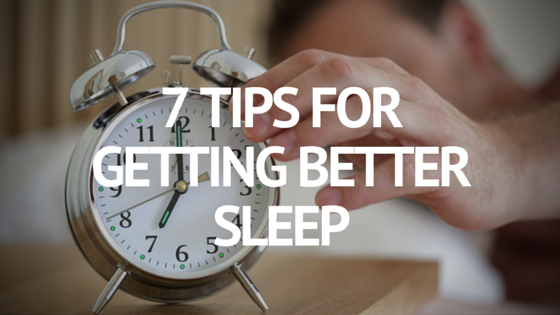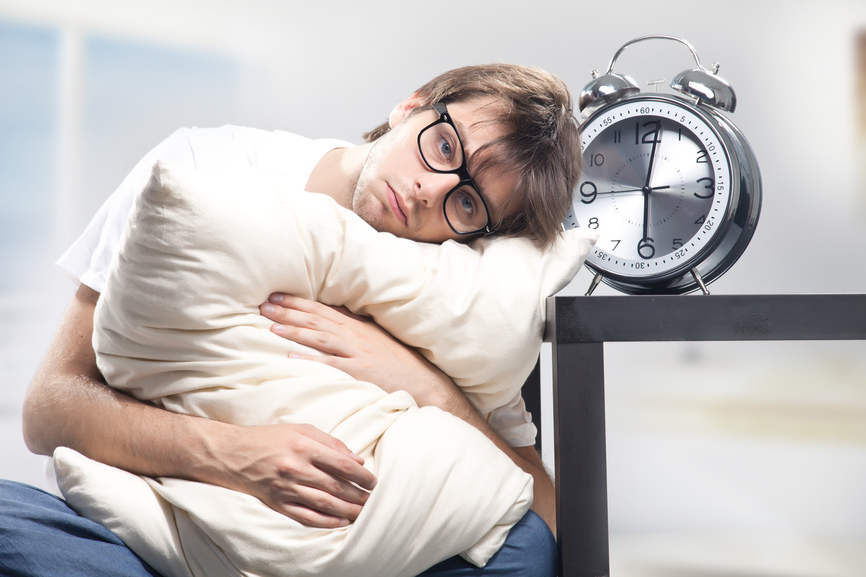
Sleep is vital to a healthy body. The average person spends roughly one third of their life asleep – renewing, rebuilding and replenishing their body at night so that it can be ready to sieze the day upon waking.
But what happens when you can’t get the sleep your body needs?
Benefits of Good Sleep

Proper brain function
Your brain does a lot of work at night, even though you are sound asleep.
While we sleep the brain creates new pathways, preparing for the next day’s information you need to learn and remember.
This is why a good night’s sleep is so vital to learning. A good night’s rest can help you to pay better attention, learn more and make better decisions.
Increased heart health
Sleep allows your body the time it needs to repair itself, especially essential organs like the heart, which is healed and repaired during sleep.
In fact, ongoing sleep deficiency issues have been linked to heart disease, high blood pressure and even stroke. This is why a solid night’s sleep is so vital to your heart health.
Obesity prevention
Believe it or not, sleep deficiency also increases the risk for obesity. This is because proper sleep helps to maintain the balance of hormones, ghrelin and leptin, which tell the body when it is hungry or full. When the body doesn’t get enough sleep, ghrelin levels go up and leptin levels go down, which means that you will feel hungrier. Those who get enough sleep at night have a better balance of these two hormones so they have better control over their hunger cues.
Boost immunity
Getting the right amount of sleep also effects the body’s ability to stay healthy. The immune system defends the body against harmful substances that could lead to illness or infection, but sleep deprivation can alter the way the immune system responds to these substances. Those who are sleep deprived often find themselves battling more common colds and flus due to a decrease in immune system function.
What happens when we don’t get enough sleep

A lack of sleep goes beyond just being cranky and irritable. Not getting the proper amount of sleep each night can actually have serious consequences for our health.
- Increased risk of obesity
- Increased risk of diabetes
- Trouble concentrating
- Lower attention span
- Increased risk of heart disease
- Increased risk of kidney disease
- Lower immune system
- Infertility
- Depression
There are many other consequences to not giving your body the proper rest it needs.
Though sleep is important, not everyone who tries can get a good night’s rest. Maybe you can’t seem to fall asleep or you have a tough time putting down the technology – regardless of the reason, you may be lacking the proper amount of sleep that your body needs. Below are seven tips to helping you achieve better sleep, and they are easier than you think!
Tips for Getting Better Sleep

1. Create a set bed time routine
A set bed time routine will help the body to register that it’s time to unwind for the day and prepare to sleep. Figure out what time works for you and create a routine that you can perform each night that is relaxing and congruent with restful sleep. After a few weeks, your body will become accustomed to this routine and will start to relax as you perform your routine to get ready for bed.
2. Power down an hour before bed
We live in a technological world and it can be easy to get caught up it, even before bed time. An hour before bed time, aim to dim the lights and shut off all electronics including phones, iPods, TVs and laptops. Bright lights signal the brain that its time to be alert and awake, the opposite of what you want before bedtime!
3. Cut caffeine by mid-afternoon
Though coffee has its benefits, try to sip your last cup before the afternoon. Depeding on your sensitivity to caffeine, even coffee consumed at 3 in the afternoon can keep you awake at night. For some people, a caffeine boost can last as long as 10 hours!
4. Exercise regularly – but not too close to bed time
Adding even just a few minutes of physical activity can make a difference in your sleep. Though exercise may help to improve sleep, it’s best not to do it too close to bedtime. Aim to finish a workout two to three hours before bedtime so that the post-adrenaline rush that occurs during a workout won’t leave you tossing and turning.
5. Avoid heavy meals late
If you eat a heavy meal before bed time, it doesn’t just sit in your stomach all night and wait for the morning to be digested. Eating a large meal before bed means that your body will be up all night digesting that meal, especially if it is a protein-packed meal. Keep dinners lighter or make sure that you are giving your body plenty of time to digest before trying to sleep.
6. Find a way to relax
Whether it be yoga, journaling, music, or candles, finding a way to soothe your body and relax is one of the best ways to achieve better sleep. Going to bed amped up from the day’s stresses and worries will only leave you staring at your bedroom ceiling. Instead, figure out which relaxation techniques work for you and implement them into your bedtime routine.
7. Consume some magnesium
Ever heard of people drinking a glass of warm milk to help them sleep? Well, studies show that magnesium may be your best bet to help you when you can’t sleep. Before bed, try munching on magnesium-rich foods such as pumpkin seeds or opt for a magnesium supplement about a half hour before bedtime.
Prioritize sleep so that you can be sure to wake up in the healthiest state – both mentally and physically. While each person’s sleep needs are different, it is best to aim for at least 7 hours of sleep a night.
Enjoyed 7 Tips for Getting Better Sleep? Share it with your friends so they too can follow the Superfoodsliving journey.
Share on Pinterest
